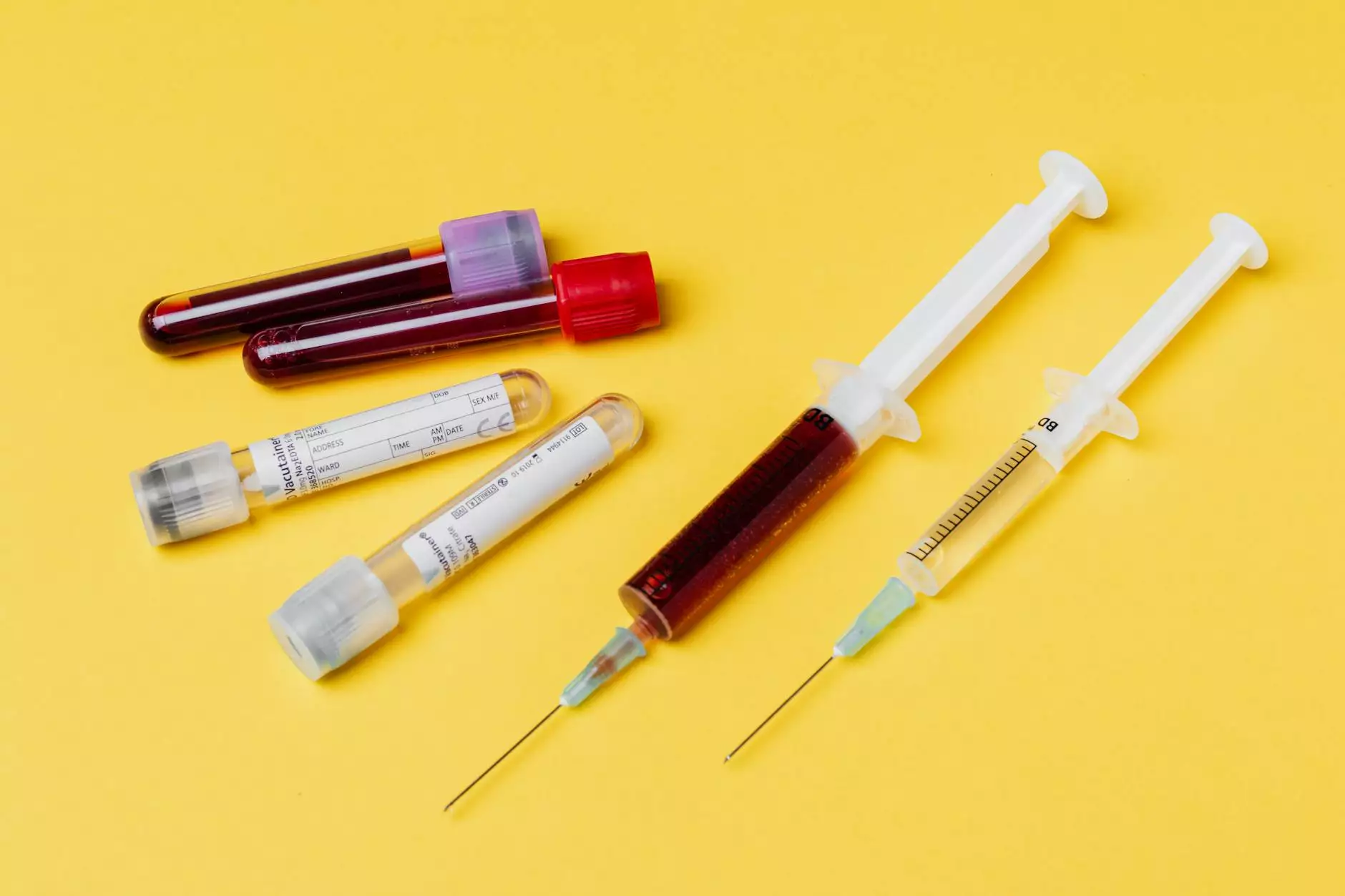Understanding Water Treatment Chemicals: A Comprehensive Guide

When it comes to maintaining the quality of water, the role of water treatment chemicals cannot be overstated. These chemicals are crucial in ensuring that water is safe for consumption, industrial use, and environmental protection. In this article, we will provide a detailed overview of the water treatment chemicals list, their functions, classifications, and why they are essential in today's global water management efforts.
The Importance of Water Treatment Chemicals
Water treatment chemicals are substances used to treat and purify water, helping to remove impurities and contaminants. The significance of these chemicals extends beyond mere filtration. They play a vital role in:
- Ensuring safe drinking water: Chemicals used in water treatment eliminate harmful pathogens, thus safeguarding public health.
- Industrial applications: Various industries depend on treated water for processes like cooling, manufacturing, and operational purposes.
- Environmental protection: Proper treatment of industrial wastewater minimizes the impact on ecosystems.
An Overview of Water Treatment Chemicals
Water treatment chemicals can be classified into several categories based on their functions. Below is a comprehensive water treatment chemicals list, detailing the key types and their applications:
1. Coagulants and Flocculants
Coagulants and flocculants are essential for the removal of suspended solids in water. They work by aggregating small particles into larger clusters, making it easier to filter them out. Common examples include:
- Aluminum sulfate (Alum)
- Ferric chloride
- Polymeric flocculants (like polyacrylamides)
2. Disinfectants
Disinfectants are critical for eliminating microorganisms from water. These chemicals provide safety against waterborne diseases. Key disinfectants include:
- Chlorine - One of the most widely used disinfectants due to its effectiveness and cost-efficiency.
- Chloramines - Used as a long-lasting disinfectant.
- Ozone - An effective agent for disinfection without leaving harmful residues.
- UV Radiation - A physical method that disinfects water without chemicals.
3. pH Adjusters
The pH level of water can greatly impact its quality and the effectiveness of other treatment chemicals. pH adjusters help in maintaining a balanced pH level. Common options include:
- Sodium hydroxide - Used to raise pH levels.
- Hydrochloric acid - Applied to lower pH levels.
4. Corrosion Inhibitors
Corrosion inhibitors are used to protect pipelines and equipment from the damaging effects of corrosion. This is crucial in maintaining the longevity of infrastructure. Typical examples are:
- Polyphosphates - Prevent scale formation and reduce corrosion.
- Copper and Zink inhibitors - Used in various applications to enhance durability.
5. Scale Inhibitors
Scale inhibitors work to prevent the formation of mineral deposits in water systems. Scale can lead to reduced water flow and increased energy consumption. Common scale inhibitors include:
- Phosphonates - Effective in soft water conditions.
- Carboxylic acids - Help control the formation of calcium and magnesium scales.
Choosing the Right Water Treatment Chemicals
Selecting the appropriate water treatment chemicals is a critical aspect of ensuring effective water management. Factors to consider include:
- Water Quality: Analyze the initial water quality to determine the specific contaminants present.
- Application Purpose: Define the purpose of treatment, whether it is for drinking water, industrial use, or wastewater management.
- Regulatory Standards: Ensure compliance with local and international water safety regulations.
Benefits of Using High-Quality Water Treatment Chemicals
Utilizing high-quality water treatment chemicals yields numerous benefits:
- Effective Contaminant Removal: Quality chemicals ensure that contaminants are efficiently removed.
- Cost-Effective Treatment: High-quality solutions often lead to reduced operational costs due to fewer interventions and maintenance requirements.
- Enhanced Safety: Utilizing reliable chemicals leads to safer drinking water and improved public health outcomes.
Environmental Impacts of Water Treatment Chemicals
While water treatment chemicals are essential for purifying water, their use can also raise environmental concerns. Proper management and handling are crucial to mitigate potential negative impacts. Strategies to minimize environmental risks include:
- Proper Disposal: Dispose of chemical waste responsibly to prevent contamination.
- Sustainable Sourcing: Choose chemicals that are sustainably sourced and environmentally friendly.
- Monitoring and Regulation: Implement stringent monitoring practices to ensure compliance with environmental regulations.
Future Trends in Water Treatment Chemicals
As water quality challenges evolve, so too does the marketplace for water treatment chemicals. Industry trends influencing the future include:
- Green Chemistry: There is a push towards utilizing environmentally friendly chemicals that reduce toxicity and enhance sustainability.
- Innovation in Disinfection: Advances in technology, such as ultraviolet (UV) and advanced oxidation processes, are set to redefine disinfection methods.
- Smart Water Management: Integration of IoT and AI in monitoring chemical usage and water quality metrics for real-time decision-making.
Conclusion
In conclusion, the landscape of water treatment chemicals is complex yet vital for ensuring safe, clean water across various applications. The comprehensive water treatment chemicals list provided in this article gives valuable insights into the diverse types available, their roles, and the importance of quality. As challenges in water management continue to evolve, staying informed and choosing the right treatment solutions will be crucial for businesses and communities alike.
For more information on sourcing quality water treatment chemicals, visit eurochemsupplies.com, your trusted partner in chemical supplies.



